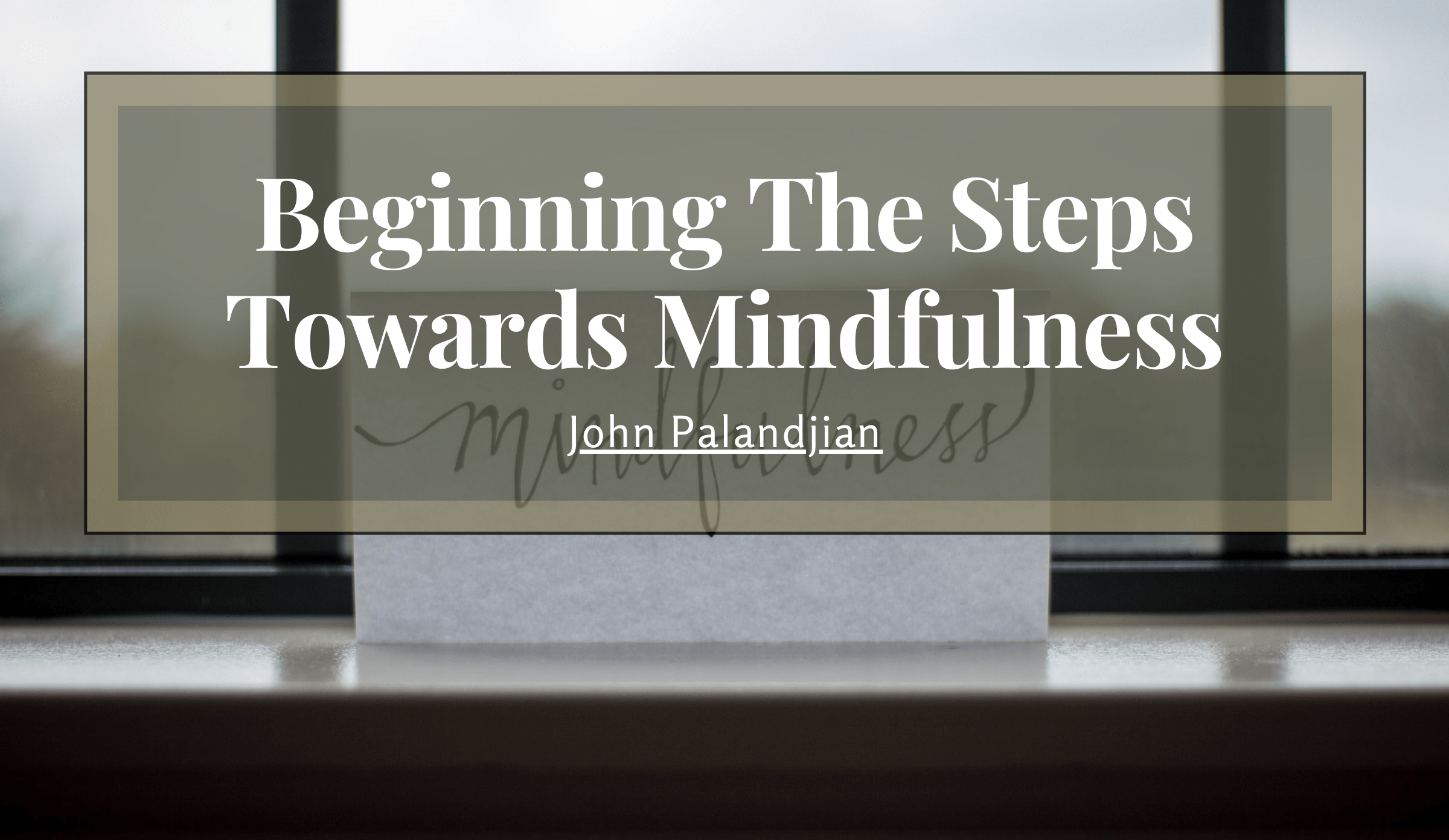
Mindfulness is perhaps one of the more recent buzzwords in the realm of self-care and personal growth. What exactly is it? In a nutshell, mindfulness is being able to focus on the present. It’s an ability that allows you to tap into your present state of mind unencumbered by past regrets or future worries. Being able to live in the “now” helps you become happier and more fulfilled. Here are three steps on how to begin that spiritual journey:
Make the Time
Bombarded by a myriad of personal and professional goals and responsibilities, it can be difficult to allocate time in your day to practice mindfulness techniques. The trick is to slowly introduce mindfulness into your routine by allocating a small chunk of your time to it. This can be the 30 minutes that you have in the morning before you start prepping for work or the 30 minutes you have in the evening when you’re about to hit the sack. As your mind and body becomes accustomed to it, start increasing your allocated time to the activity.
Know What You Get Out of It
It’s also difficult to consistently practice an activity if you don’t know why you’re doing it in the first place. In one study, participants who underwent a single session of mindfulness showed a noticeable decrease in anxiety and a lower risk of developing depression. Renowned psychologist John Teasdale, PhD, defines mindfulness as removing oneself from the rumination that leads to negative thought processes that eventually lead to depression. A mindful state also results in higher cognitive functioning by boosting memory and decision-making abilities.
Ground Yourself
Grounding yourself is an exercise that helps you refocus your senses on your present surroundings. To practice this technique, identify five objects that you can see, four objects that you can touch, three sounds that you can hear, two odors that you can smell, and one thing that you can taste. What’s great about this mindfulness technique is that you can literally do it anywhere and at anytime, whether you’re at home relaxing or on your way to work.
Achieving mindfulness doesn’t happen overnight. Continue to explore other techniques that can help you intentionally activate your present state of mind. Consistency is key to leveraging the health benefits of mindfulness.

